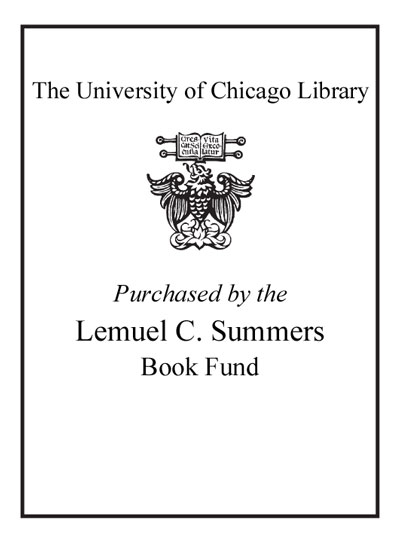Review by Choice Review
Cox (Univ. of Edinburgh) has written a very capable overview of how the movement called "phenomenology of religion" has developed and come to be understood in departments of religious studies in the Dutch and English-speaking worlds. The author describes himself as a religious studies specialist, not a philosopher. This is significant because phenomenology is principally a philosophical movement. Cox's concerns are not principally philosophical, but methodological. While he does devote a chapter to the philosopher Husserl, the father of phenomenology, his concerns are formal, not material. Not once does he mention the work of Husserl's contemporary, Max Scheler, whose phenomenological study of religion, Von Ewigen in Menschen (1921), is of seminal significance philosophically. Rather, Cox traces a Ritschlian thread from Kant, Schleiermacher, and Hegel through Herrmann, Rudolf Otto, and A. G. Hogg; the contributions of Troeltsch, Weber, and Jung; the Dutch contributions of C. P. Tiele, Chantepie de la Saussaye, W. Brede Kristensen, Gerardus van der Leeuw, and C. Jouco Bleeker; the African influence on British studies of Edwin W. Smith, E. Geoffrey Parrinder, and Andrew Walls, as well as the Dutch-influenced Ninian Smart; the North American contributions of Joachim Wach, Mircea Eliade, Jonathan Z. Smith, Wilfred Cantwell Smith; and ensuing contemporary debates. ^BSumming Up: Recommended. Upper-level undergraduates and above. P. E. Blosser Lenoir-Rhyne College
Copyright American Library Association, used with permission.
Review by Choice Review

